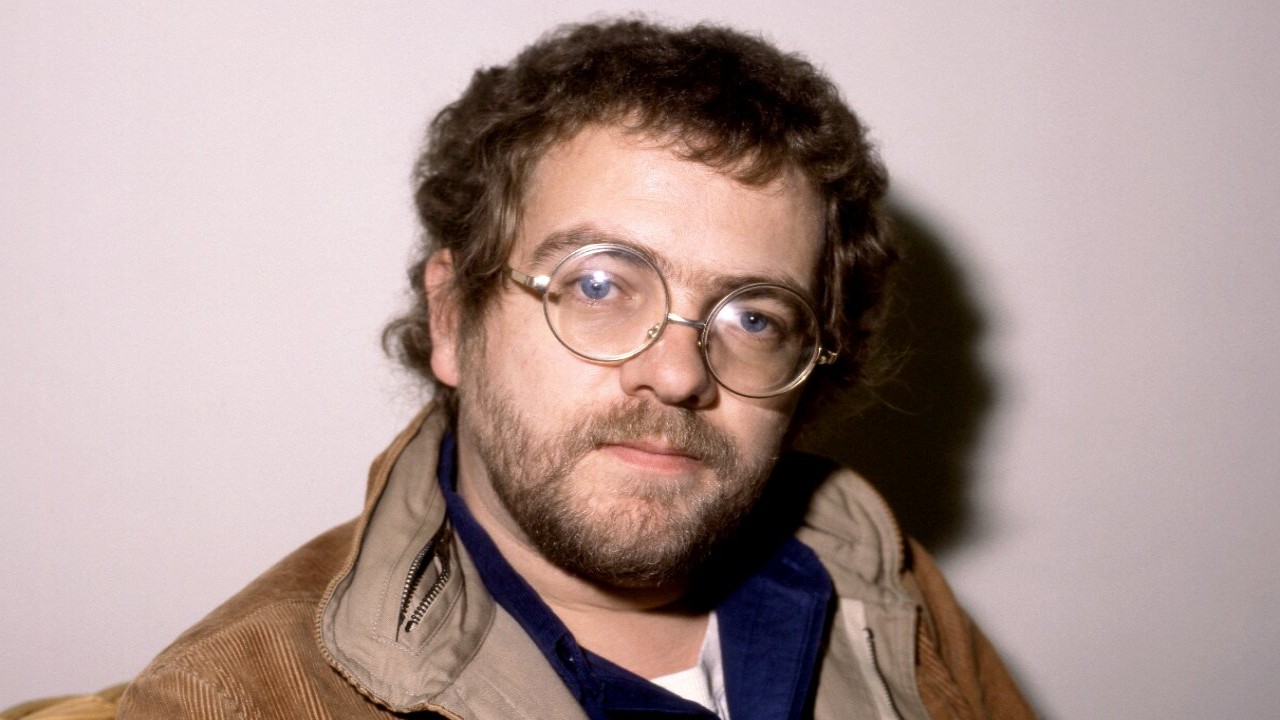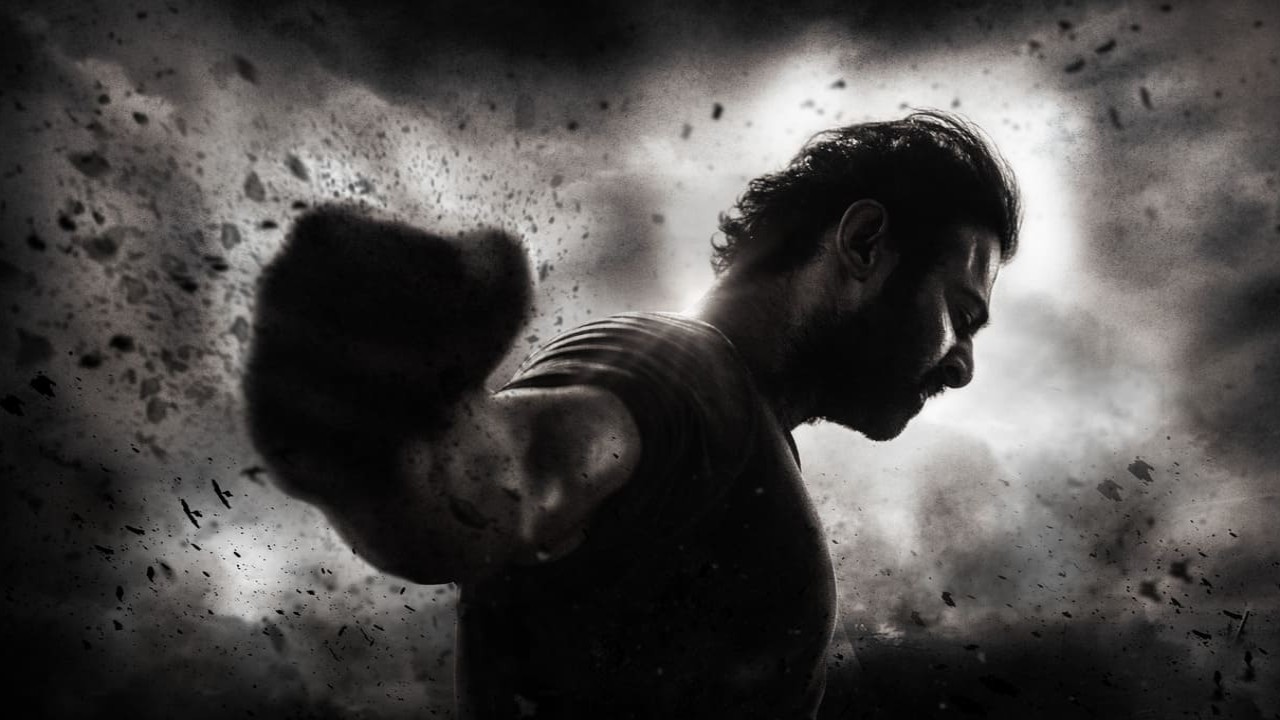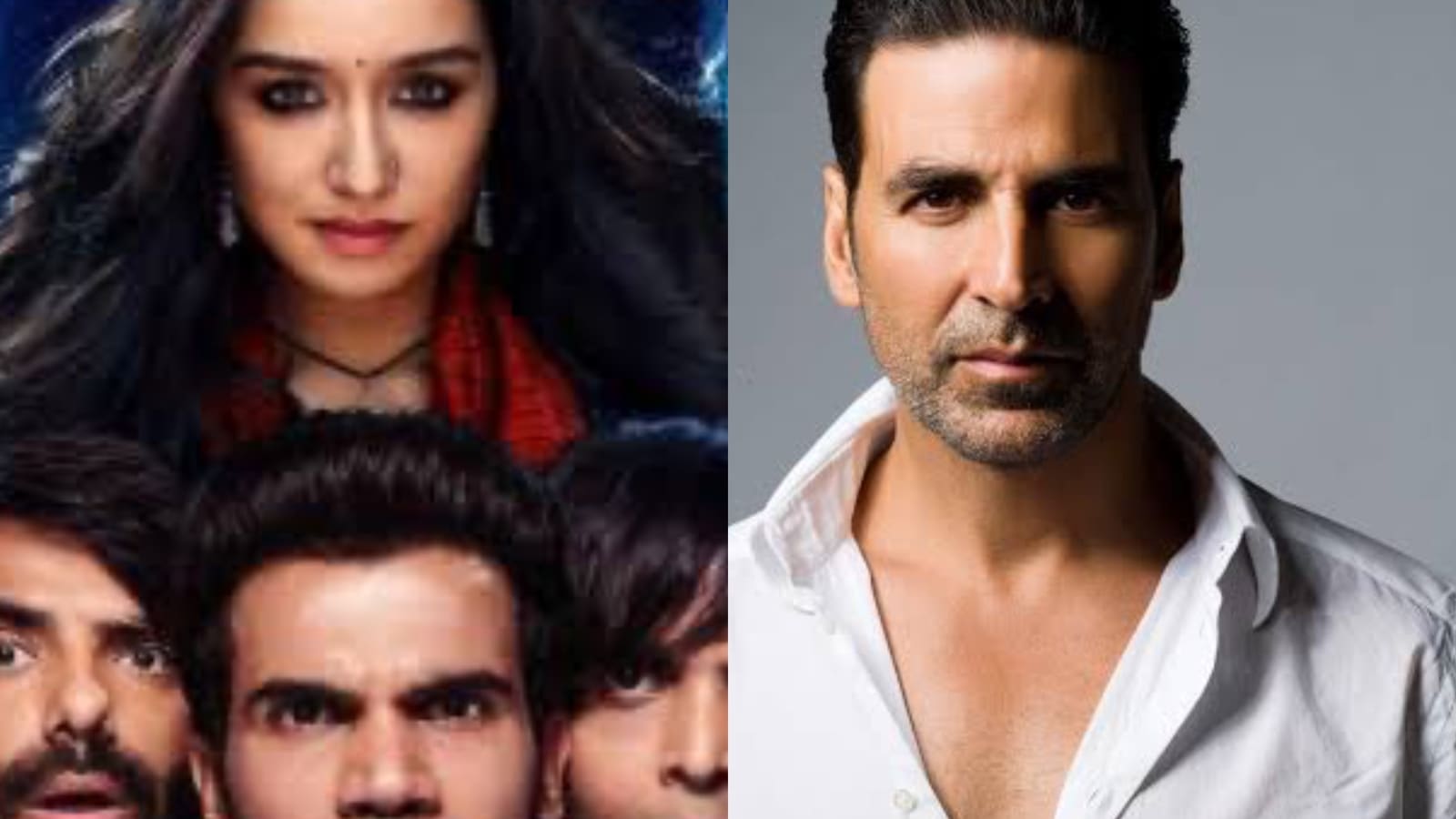WWE's Strategic Positioning of Cody Rhodes and the Enigmatic Appeal of a Heel Turn
WWE's unwavering commitment to establishing Cody Rhodes as the face of the company has been met with both widespread support and intriguing speculation surrounding the potential impact of a heel turn. This notion has been fueled by none other than The Undertaker, who boldly proclaimed that Rhodes' transformation into a villain would eclipse the significance of his current heroic persona.
Despite the allure of such a dramatic shift, Rhodes remains hesitant due to the profound implications it would have on his character's trajectory. In a recent appearance on The Pivot Podcast, Rhodes candidly addressed this subject, delving into the complexities of heel turns and the evolving landscape of wrestling fandom.
The Elusive Nature of the Heel in Modern Wrestling
Rhodes acknowledges the inherent difficulty in portraying a convincing heel in contemporary wrestling. The traditional definition of a heel as a character actively seeking to deprive fans of their desires has become increasingly ambiguous. Rhodes questions whether such a portrayal necessarily constitutes an effective heel, arguing that there's no such thing as the wrong type of heel, as long as you can manage it.
He underscores the fundamental purpose of a heel: to evoke disdain and thwart the audience's enjoyment. However, Rhodes observes a recent trend in wrestling where heels deviate from this classic archetype, embodying a more ambiguous persona that blurs the lines between villain and protagonist.
The Rock's Unconventional Heel Turn
Rhodes cites The Rock as a prime example of this modern heel. Despite taking an unexpected heel turn prior to WrestleMania 40, The Rock's immense popularity remained intact. Rhodes attributes this to The Rock's exceptional ability to connect with the audience on multiple levels, even while portraying a character that defied traditional heel conventions.
Rhodes points out that The Rock's heel turn was particularly effective because it played on the audience's desire for Rhodes to occupy the main event spot. The Rock astutely recognized this dynamic and capitalized on it, establishing himself as a unique and compelling villain.
Rhodes' Reservations About a Heel Turn
While acknowledging the potential appeal of a heel turn, Rhodes expresses reservations about its feasibility given his current status and the evolving nature of the wrestling audience. He believes that becoming a heel in 2024 would require him to adopt extreme and potentially polarizing tactics, which might ultimately alienate even his most ardent supporters.
Rhodes emphasizes the importance of understanding the nuances of the heel persona and the potential consequences it can have on both the character and the audience's perception. He remains open to the possibility of a heel turn in the future, but only if it aligns with his creative vision and resonates authentically with the fans.




